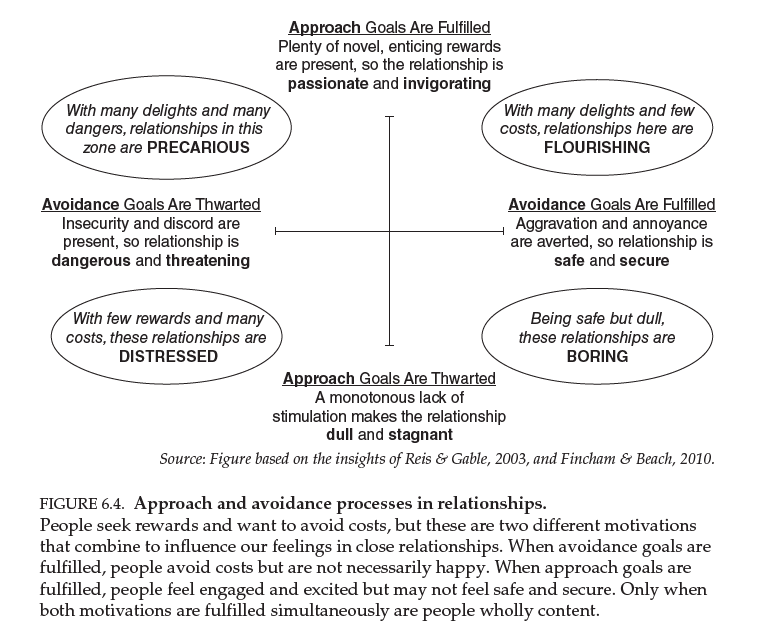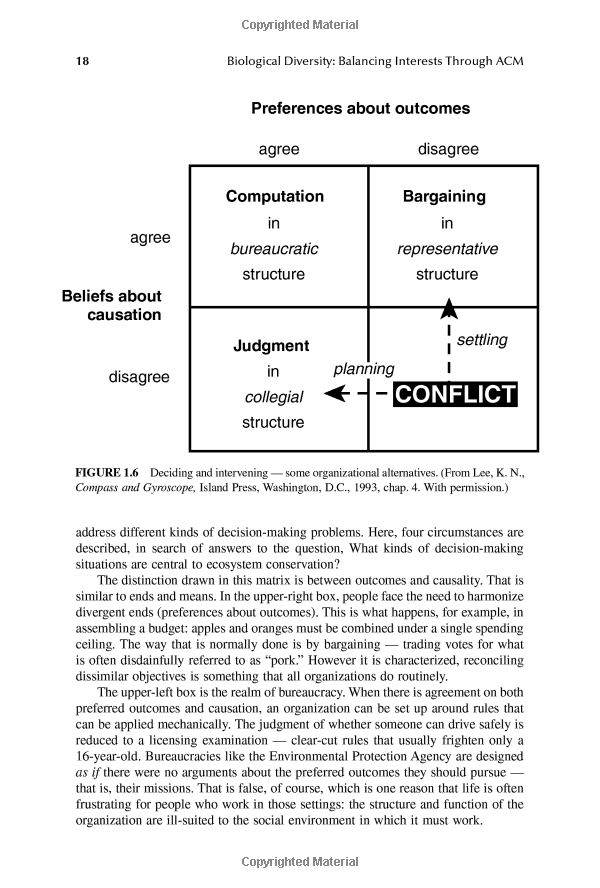Understanding the Differences: Home Equity Loan vs Debt Consolidation Loan
#### Home Equity Loan vs Debt Consolidation LoanWhen it comes to managing debt, many individuals find themselves weighing their options carefully. Two popul……
#### Home Equity Loan vs Debt Consolidation Loan
When it comes to managing debt, many individuals find themselves weighing their options carefully. Two popular choices are a home equity loan and a debt consolidation loan. Each option has its own advantages and disadvantages, making it essential for borrowers to understand the fundamental differences between them before making a decision.
#### What is a Home Equity Loan?
A home equity loan allows homeowners to borrow against the equity they have built up in their property. Equity is the difference between the current market value of the home and the outstanding mortgage balance. Home equity loans are typically structured as second mortgages, meaning they are secured by the home itself. As a result, they often come with lower interest rates than unsecured loans. Borrowers can use the funds for various purposes, including home improvements, medical expenses, or debt repayment.
One of the main advantages of a home equity loan is that it provides a lump sum of money, which can be beneficial for significant expenses. However, because the loan is secured by the home, failing to make payments could lead to foreclosure. Additionally, borrowers should be cautious about taking on more debt than they can manage, as it can put their home at risk.

#### What is a Debt Consolidation Loan?
On the other hand, a debt consolidation loan is designed specifically to help borrowers manage multiple debts. This type of loan combines several debts into one single loan, ideally with a lower interest rate. The goal is to simplify the repayment process and reduce the overall cost of borrowing. Debt consolidation loans can be secured or unsecured, depending on the lender and the borrower’s creditworthiness.
The primary benefit of a debt consolidation loan is that it can make managing finances easier. Instead of juggling multiple payments with different due dates and interest rates, borrowers only have to focus on one loan. This can lead to improved financial organization and potentially lower monthly payments. However, it's important to note that debt consolidation does not eliminate debt; it merely restructures it. Borrowers must still be disciplined in managing their finances to avoid accumulating new debt.
#### Key Differences Between Home Equity Loan and Debt Consolidation Loan

When comparing a home equity loan to a debt consolidation loan, several key differences emerge:
1. **Secured vs. Unsecured**: A home equity loan is secured by the borrower's home, while a debt consolidation loan can be either secured or unsecured. This distinction affects the risk level for the borrower.
2. **Purpose of the Loan**: A home equity loan can be used for various purposes, including home improvements and large expenses, while a debt consolidation loan is specifically aimed at consolidating existing debts.
3. **Interest Rates**: Generally, home equity loans offer lower interest rates due to being secured by property. In contrast, debt consolidation loans may have higher rates, especially if they are unsecured.

4. **Risk of Foreclosure**: With a home equity loan, there is a risk of foreclosure if payments are missed. A debt consolidation loan does not carry this risk unless it is secured.
#### Conclusion
In conclusion, both home equity loans and debt consolidation loans can be effective tools for managing debt, but they serve different purposes and come with varying risks. It’s crucial for borrowers to assess their financial situation, understand their needs, and consider the implications of each option before making a decision. Consulting with a financial advisor can also provide valuable insights tailored to individual circumstances.